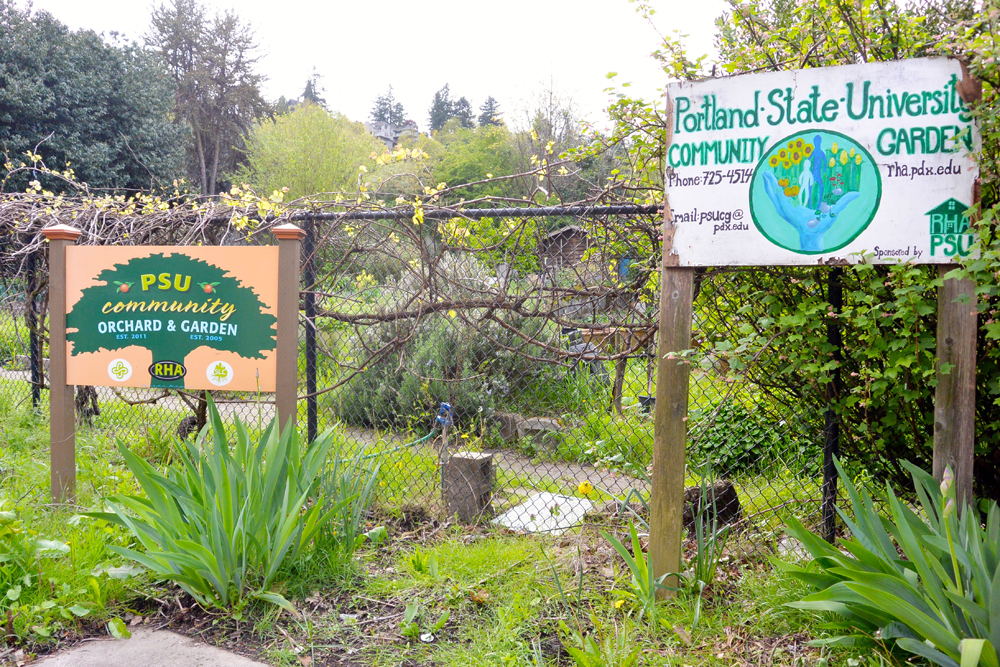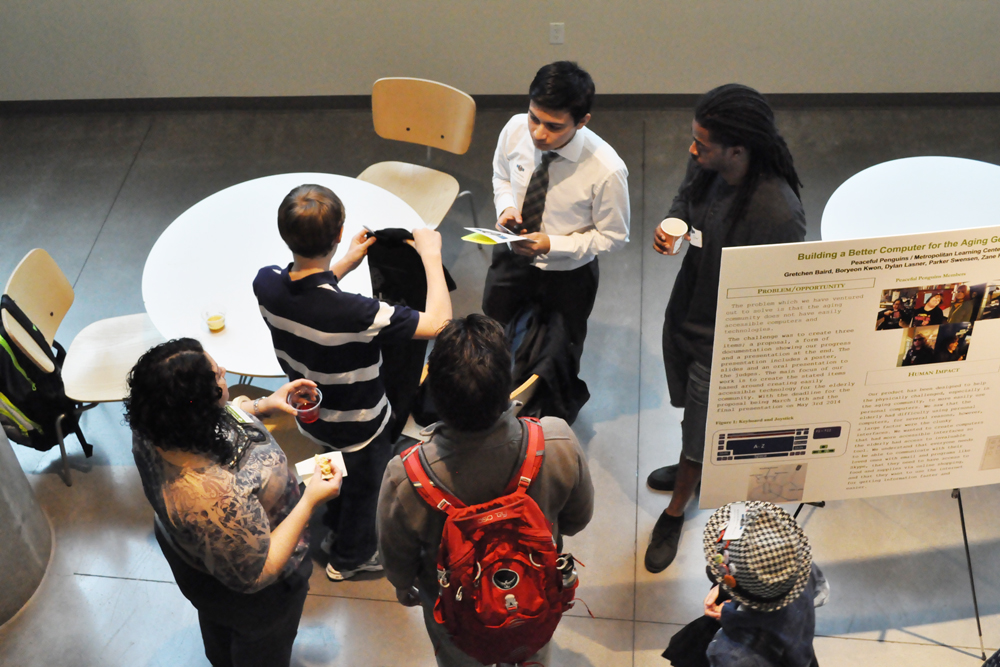The Committee for Improving Student Food Security (CISFS) has implemented two new programs that push back against food insecurity at Portland State. CISFS has partnered with the Multnomah County Department of Human Services to connect students with county resources and with the Oregon Food Bank to bring Harvest Share to PSU.
A specialist from the Multnomah County DHS is now at the Center for Student Health and Counseling three days a week to answer questions about eligibility for the Supplemental Nutritional Assistance Program and help students apply.
Students who qualify for SNAP receive benefits depending on factors such as household size and income. The benefits can be used to purchase non-restaurant food.
The representative from DHS can also help students access other assistance that they might qualify for, such as help with utility expenses or childcare costs.
“We just want to get a lot of students in the door. Not only to benefit from SNAP but from the other amazing services that they can connect students with,” Cole said.
Often, SNAP benefit recipients are required to work at least 20 hours a week to remain eligible. Cole hopes that in the future there will be more opportunities for students to work longer hours on campus.
“A lot of departments on campus can’t meet that 20 hour threshold. So it has been difficult…So that’s one of the policy level initiatives that we’re working on at the committee level,” Cole said.
The second initiative, Harvest Share, will bring fresh fruit and vegetables to all students and the downtown community on a first-come-first-served basis. Harvest Share begins April 13 at noon and will be held on the Park Blocks outside Shattuck Hall.
Harvest Share will be the first of its kind downtown and give students access to healthy options.
Availability of produce will be dependent on what the Oregon Food Bank is able to access from distributors. Students do not have to prove need, and Harvest Share is open to the public.
If popular, organizers hope to make Harvest Share a monthly event on the second Monday of every month. Students can get involved by volunteering.
“We have been soliciting volunteer help. So we are going to have faculty, staff, students, helping out with set up, food distribution, and cleanup, too,” said Ann Mestrovich, chair of the committee, “So this is very much a campus initiative.”
The necessity for the programs became apparent last summer when a campus-wide survey about food insecurity garnered nearly 5,000 responses. The results revealed that food insecurity was an issue for many students.
“Nearly 60 percent of students who responded experienced some sort of food insecurity at some point during the 2013–14 academic year,” said Jessica Cole, co-chair of CISFS and associate director for SHAC. “Whether it was not having the type of food they wanted to eat, not being able to have their food supply last through the month, or not having sufficient access to food.”
“When we did the 2014 campus-wide assessment, one of the questions that was asked was ‘What is your biggest concern when accessing emergency food services?’ And the top-most thing that students said was ‘access to fresh fruits and vegetables.’ So that was really important when our committee was focusing on something to give to the students,” Cole said.
The new programs are in addition to other food opportunities already in existence, such as the ASPSU student food pantry and the RHA community garden.
In the future, organizers of CISFS hope to educate more students, involve members of the community, and annually assess food insecurity accurately in order to gauge the effectiveness of the new programs.
“We will continue to cultivate that data…Anecdotally we know this [is a problem], but it’s good to get some numbers behind what people say they experience,” Mestrovich said.
Office hours for the on-campus DHS specialist can be found at pdx.edu/studentaffairs/cisfs.






